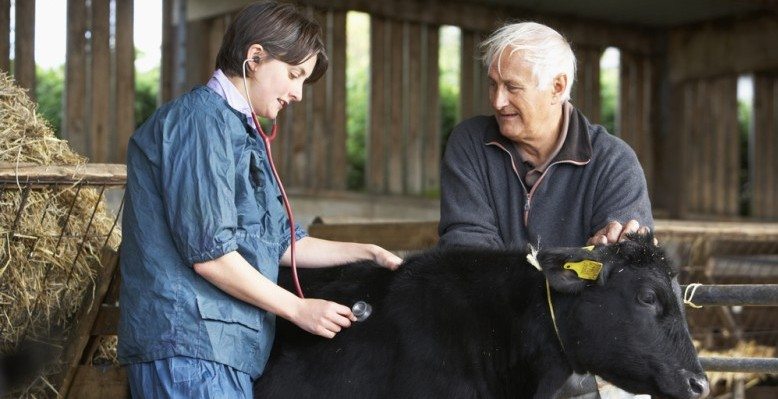Pilot Johnes Control Programme Must Be Fully Costed – Waters

IFA Animal Health Chairman John Waters said it was very disappointing that the modular approach proposed by AHI at last Friday’s meeting of the Johnes implementation group was not supported despite all of the major dairy processors and farm organisations being in general agreement.
This would allow farmers currently in programmes to receive recognition and provide dairy processors with a standardised national approach to monitoring for the disease while the major cost issues are being advanced and an equitable business plan developed.
John Waters said farmers will not accept the full costs of the pilot Johnes control programme currently proposed which contains compulsory veterinary risk assessment and herd categorisation for all farmers who participate. In advance of a complete control programme being rolled out, an equitable business plan must be developed with all stakeholders that contains a fair distribution of costs.
In addition, he said there must be targeted support for herdowners who find themselves dealing directly with the disease on their farms both towards the increased management costs and the issues that herd categorisation will cause for these farmers.
With a lot of the costs of a Johnes control programme yet to be fully quantified, the IFA Chairman said Animal Health Ireland must provide clear and accurate costing of all elements including an impact assessment when the disease is detected on farms in order to allow for a fair and equitable distribution between stakeholders.
John Waters said in order for a Johnes programme to be successful, it is internationally recognised that all of the controls and monitoring costs cannot be imposed on farmers. This is due to the long term nature of the programmes and the costs experienced by those who have difficulties with the disease on their farms.
The IFA Animal Health chairman concluded by saying the immediate need is to facilitate farmers and co-ops by recognising the work currently being done in voluntary programmes and this can be achieved in the short-term, however the details of the completed national control programme as proposed by the Technical Working Group require a significant level of detailed impact assessment before they can be imposed on farmers.




